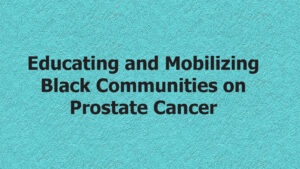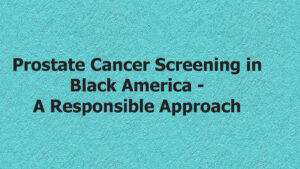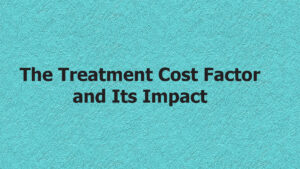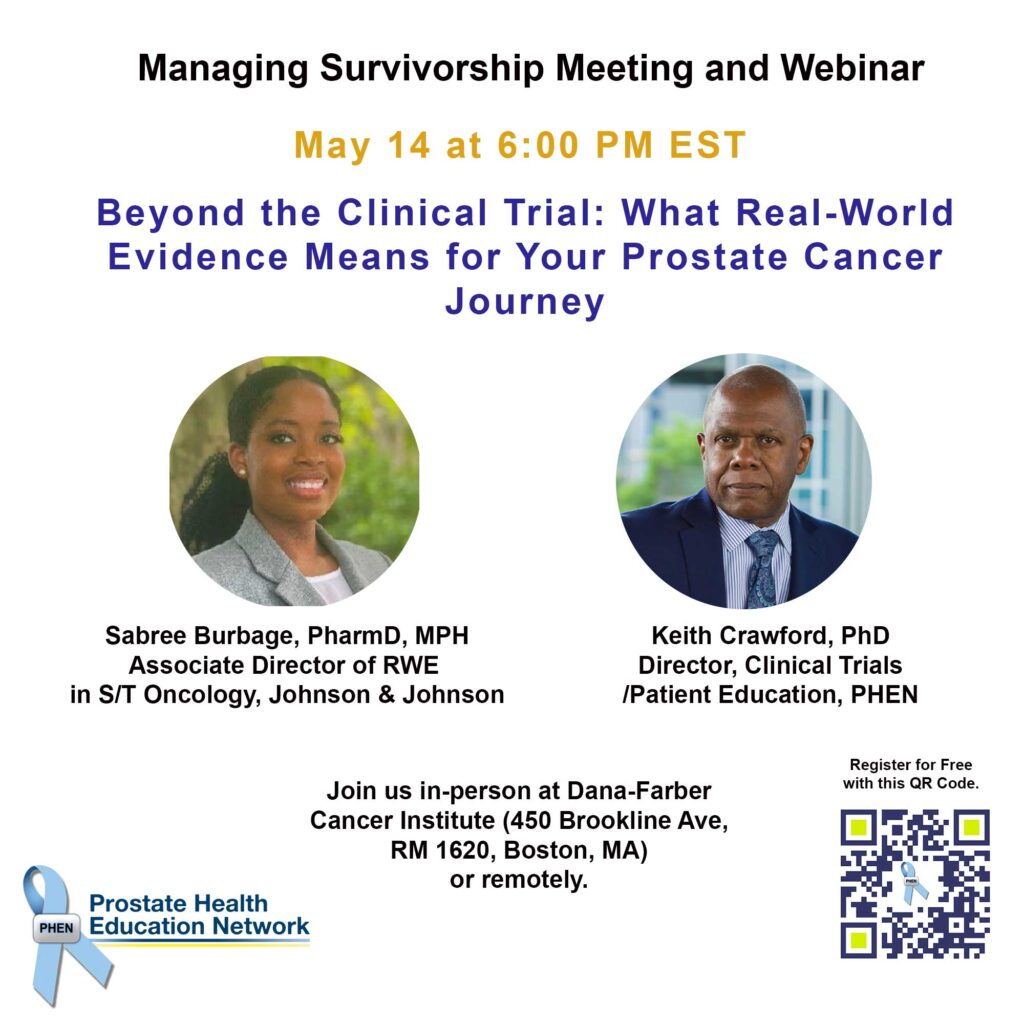Sub Categories

This session will focus on faith-based education and awareness initiatives aimed at mobilizing African American communities in the fight against prostate cancer. We will review and highlight PHEN’s 2017 educational symposia and Father’s Day Rally with a discussion of PHEN plans and strategies for 2018.

PHEN launched its “Clinical Trials Rally” in January 2017 to increase the number of African American men participating in prostate cancer clinical trails. The first phase is to raise the level of knowledge and awareness about clinical trials through PHEN’s monthly webcasts, educational symposiums, and the clinical trials web-portal. This session will provide an update on the results of these activities and explore next steps and strategies with industry and government partners.

The U. S. Preventive Services Task Force has changed its PSA screening recommendation from being against screening for all men to recommending that certain men be informed about the potential benefits and risks so they can make an informed decision. This session will address the impact of the Task Force’s new recommendation and explore what should be encompassed within a responsible prostate cancer early detection-screening program for African American men.

Cancer patients are three times more likely to declare bankruptcy than people without cancer according to reports. The newer prostate cancer treatments are costly and a recent study showed that black men considered the cost of prostate cancer treatment to be very important by a margin of 2 to 1 compared to white men. This session will focus on how the cost of treatments is impacting access by African American men and explore what actions can be taken.

Active surveillance, genomic testing, immunotherapy and advanced disease therapies have all reached a level of maturity and acceptance over the past five years. This session will review how these developments have changed the prostate cancer treatment paradigm for high-risk men with an assessment on the potential impact for reducing the prostate cancer racial disparity.



